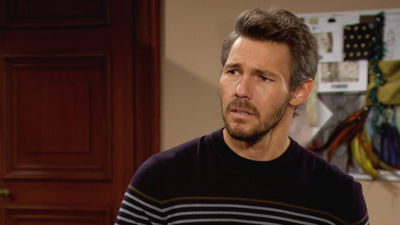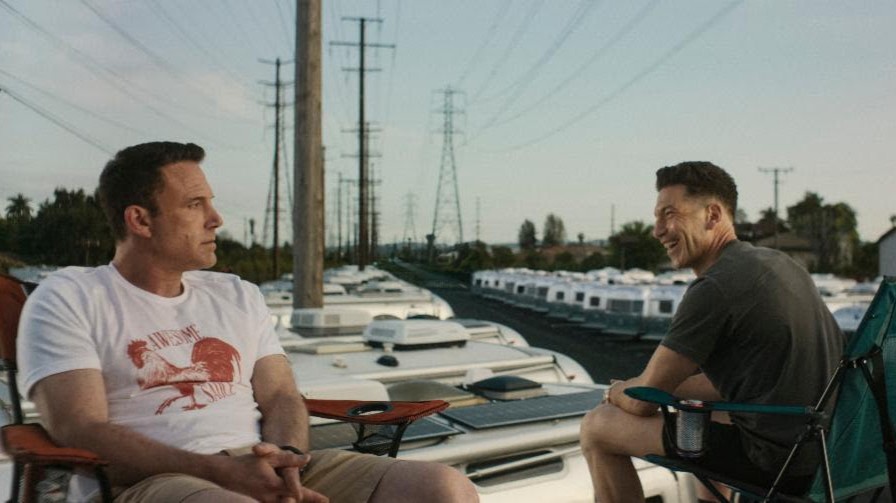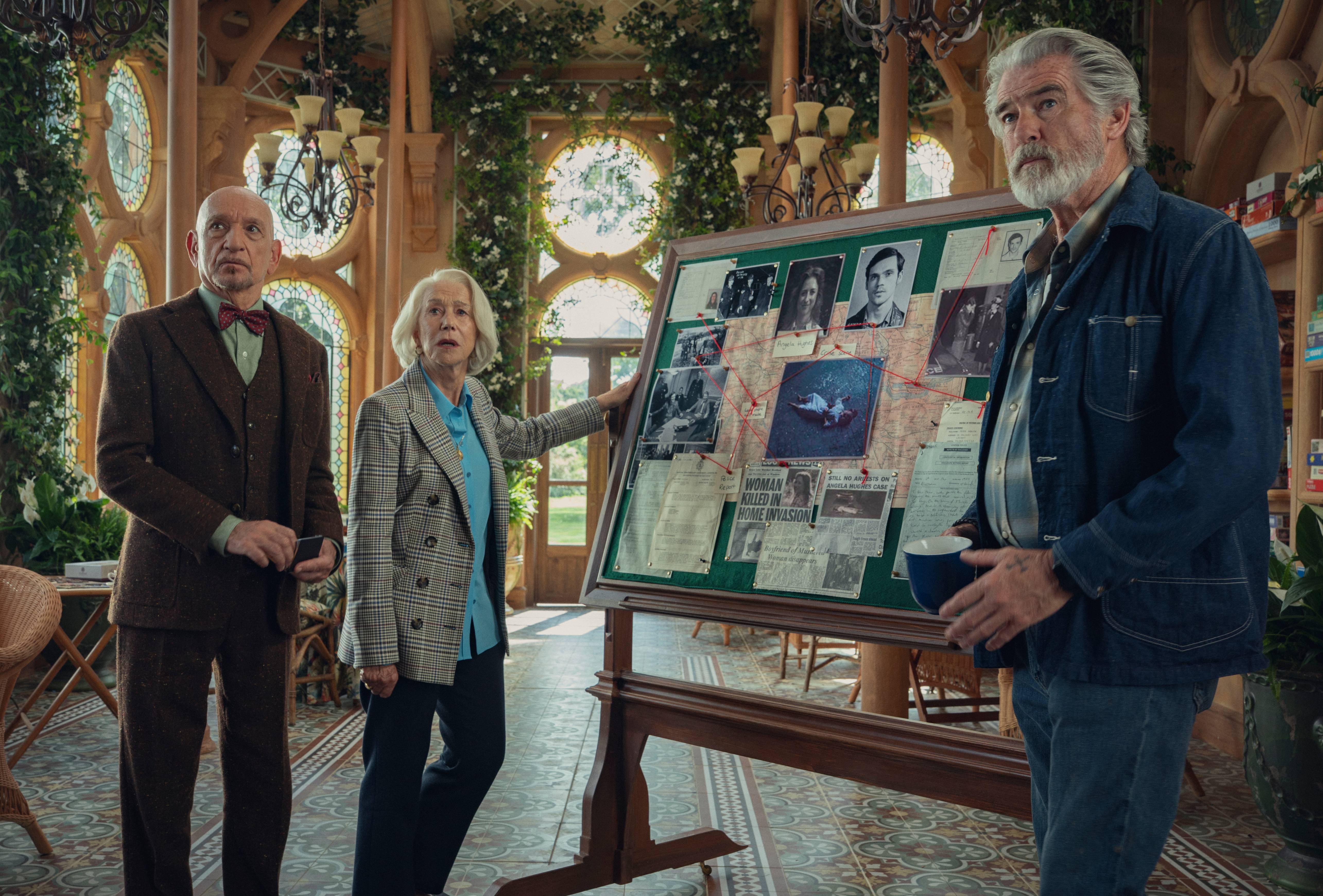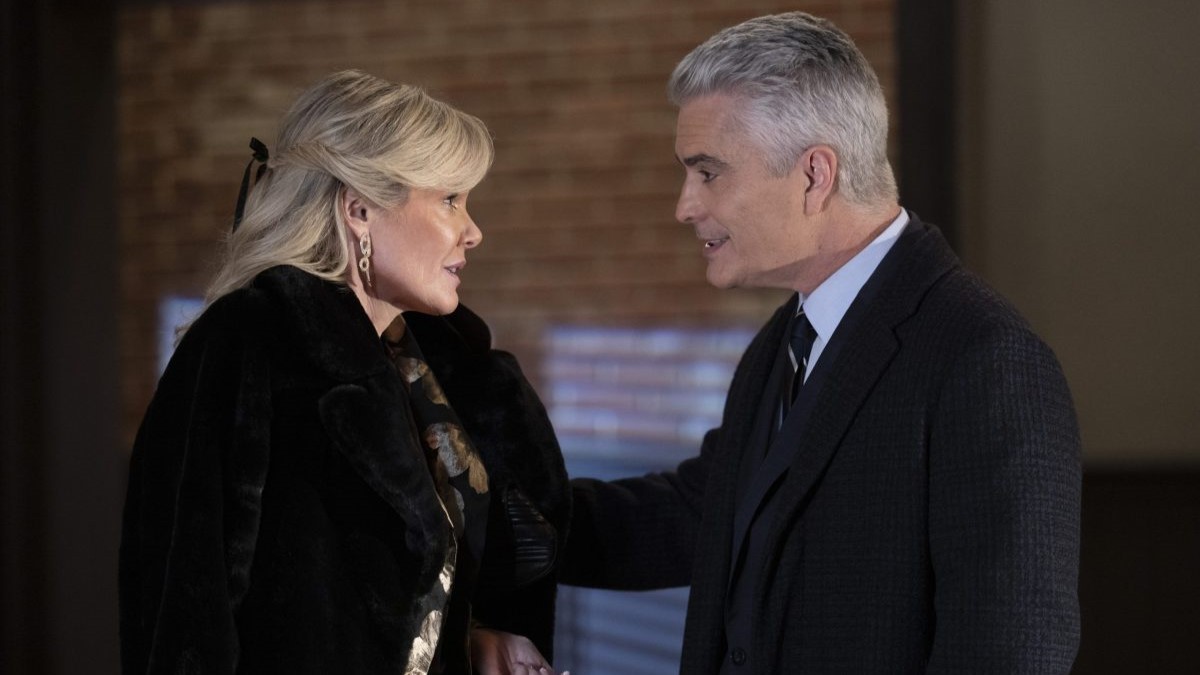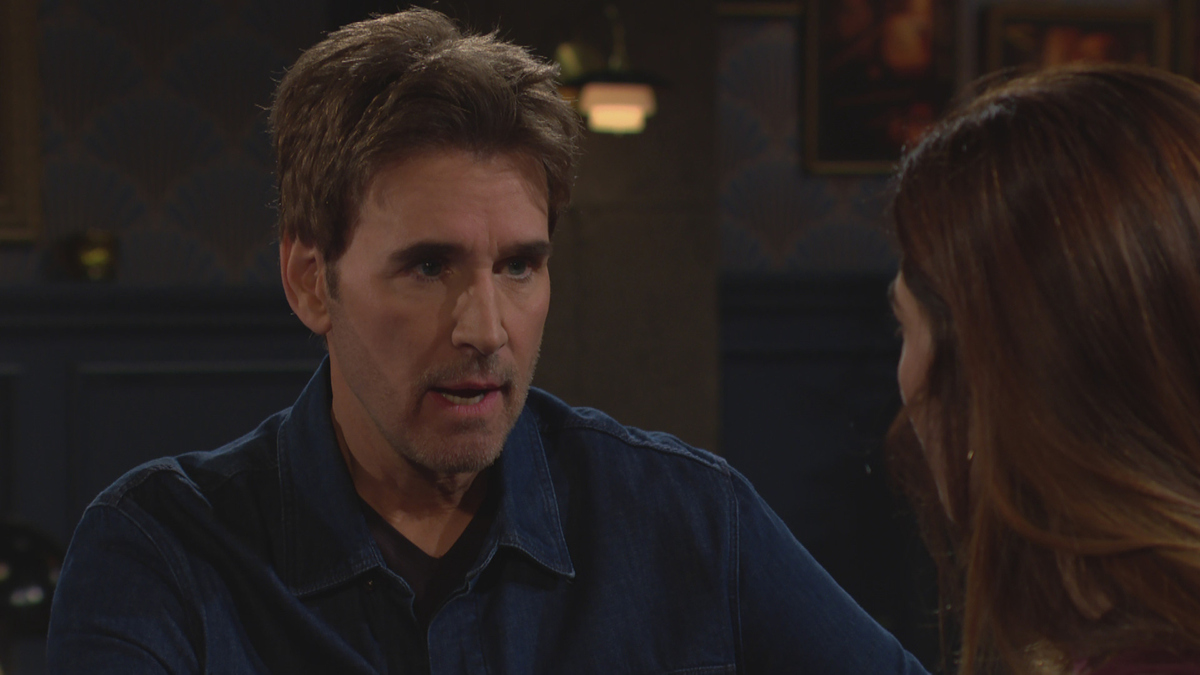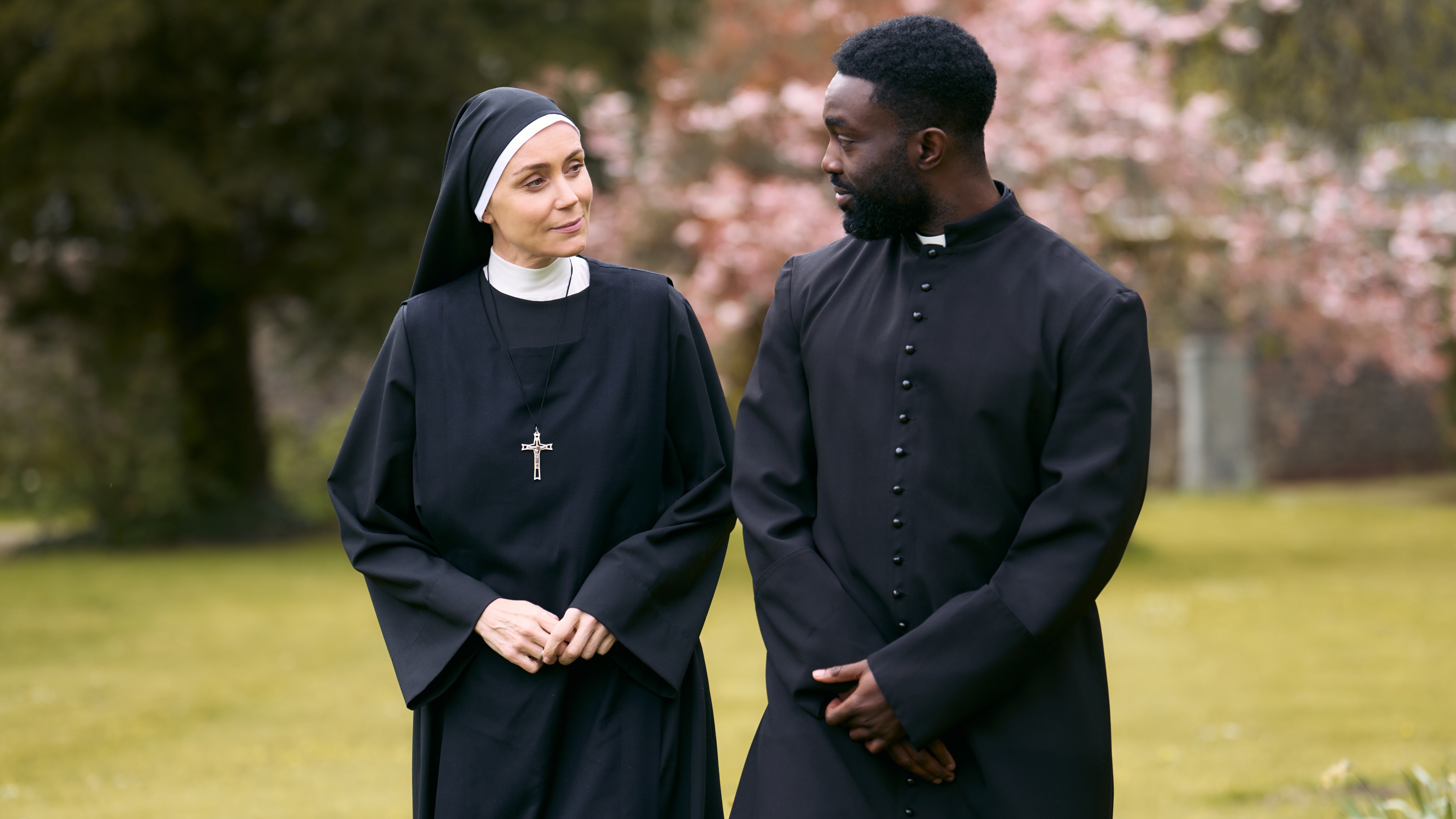Jimmy's Big Bee Rescue: 'If we don't do something now, we're in trouble!'
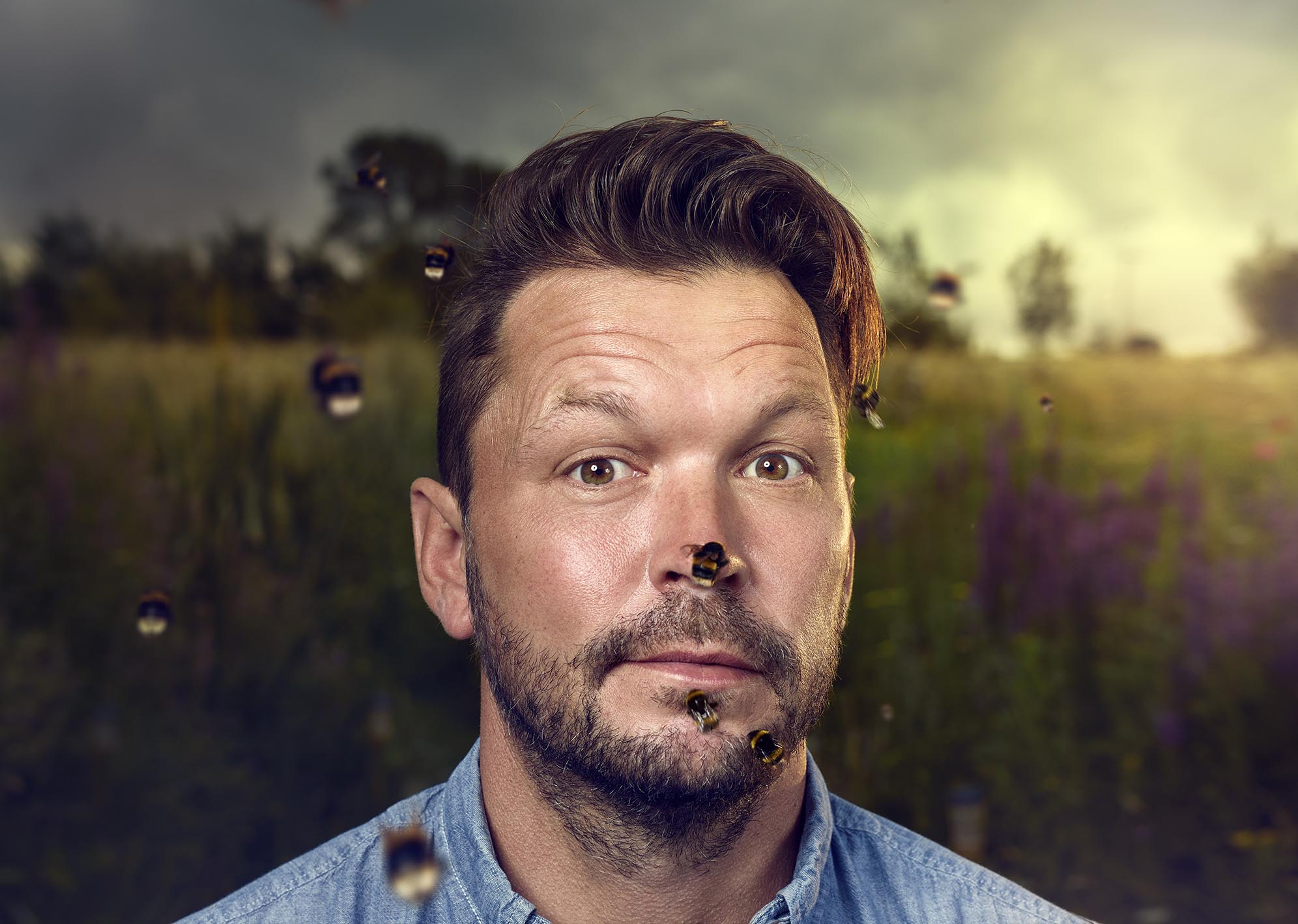
Jimmy Doherty reveals all about his campaign to revive the UK's dwindling bee population…
Britain’s bees are in serious danger of becoming extinct, with many species having decreased in the last decade. But it isn’t just the tiny furry insects that are heading for trouble, because if the trend continues it could spell disaster for humans, too.
In his new two-part C4 series, Jimmy’s Big Bee Rescue, the farmer and presenter Jimmy Doherty looks at why the bee population is in decline and explores how we can help to increase their numbers.
"Bees are the most important creatures on the planet," he says. "They are vital for pollinating our crops and are responsible for a third of the food we eat. Without them, our entire food chain is threatened. If we don’t do something now, we’re in trouble!"
Here, he tells us all about Jimmy's Big Bee Rescue, his plan for the bees, why they are in decline and what we can do at home to help bring the bee back from the brink…
Tell us why you are trying to save the bees…
"It’s going to reach a point where bee numbers get so low that it’s going to affect humans. Few people realise how much the food on their plate depends on this one small furry creature pollinating the crops we eat. I just wanted to do something that was positive and show that we can all make a change.
"In so many situations we read the headlines and go oh that sounds terrible but I can’t do anything about it, what can I do but everyone can do something. I'd love to get people all across the UK to join my campaign and help Britain's bees."
Get the What to Watch Newsletter
The latest updates, reviews and unmissable series to watch and more!
MORE: Everything you need to know about the new Strike series starring Tom Burke
Why is the bee population in decline?
"It’s the wild bee species that’s most critical to pollinating the crops we eat, the honey bee is not in danger. On 97% of our farms, pesticides are used that are harmful to bees and flower-rich habitats have been destroyed to create fields with one crop, which now take up 40% of land in the UK. We’ve stripped vast areas of flowers that bees need to keep going. Bees are vital to life. I think it was Einstein who said ‘If bees became extinct, humans woldn’t be far behind.’ That’s how important they are."
What do we see you do to help improve numbers?
"In Peterborough, which has some of the lowest bee numbers around, we get involved in the community and I attempt to increase the bee population over the course of a year. We ask people to let their gardens grow wild and take over a public park to show we can increase the number of bees by growing wild flowers there."
Tell us about some of the things you get up to?
"I look at some of the underlying problems and why we’re seeing the decline. I find out how pesticides affect bees. Most people think that the decline is because pesticides kill bees, but they don’t kill them directly. It can change their behaviour and stop them from being able to navigate properly, or it stops them feeding for a while so they can’t get back to their hives. We also look at different farming techniques that might help to preserve bees."
Can you dispel any myths about bees?
"One myth is that all bees sting. Some do, but not all of them. Equally, people think bees only sting once. That’s true for honey bees, but the bumble bee can sting multiple times."
Have you always been interested in bees?
"I’ve had a lifelong interest in entomology and insects. I’m an insect obsessive! As a teenager I got jobs looking after them at wildlife parks and at Natural History Museum in London and I did a degree in zoology and PHd in entomology."
How has your Suffolk farm fared in lockdown?
"We won’t be opening the restaurant for some time, but the wildlife park is open. What’s been really lovely to welcome so many people to the farm who have been desperate to get out and see nature and get up close to animals. We’ve had letters from families after they have been to see us saying what a tonic it had been after being stuck at home for months. I think one of the good things to come out this dreadful situation is that people have become more interested in nature because they’ve been going out for walks and seeing things they wouldn’t normally notice."
How can we help at home?
"Everyone loves a nice even lawn but it’s no good for bees so maybe just leave a little bit to go wild. You can also attract bees with nectar-rich flowers in a window box or a small flower bed, even just a flowerpot will help. The more flowers we have for bees to feed on, the better. You could put up a bug box or a solitary bee nesting box. That really helps. Also, you will often find bees exhausted and dehydrated because they’ve been flying for a long time. If you see one hasn’t moved for 15 minutes, put a stone in a shallow dish with some sugar dissolved in water. It will give it an energy boost and then it will soon fly off again!"
Jimmy’s Big Bee Rescue airs on C4 on Saturday 29 August and Saturday 5 September at 8pm (see our TV Guide for more shows to enjoy).



